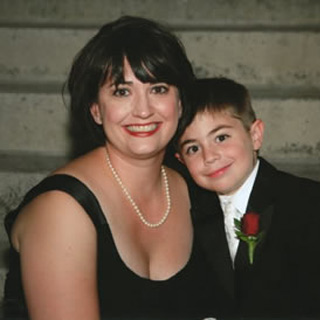
Jennifer Jablon was tested positive for the recently known BRCA1 gene, thereby signifying a genetic preposition to breast cancer. During following MRIs, doctors twice discovered benign cysts, inducing her to look for a prophylactic bilateral mastectomy i.e. a protective process in which both breasts are detached to reduce the danger of malignancy.
This option also made her think about reconstruction alternatives and she decided to go in for the new method.
In the DIEP flap procedure, surgeons rebuild the breast with skin and fat taken from the stomach. They then separately reattach blood vessels to the displaced tissue beneath a microscope in a strictly taxing process.
“The DIEP flap procedure can offer women seeking breast reconstruction after a mastectomy some of the advantages of a more natural breast with the effects of a tummy tuck. Although it is more complex surgery, it preserves muscles for quicker recovery and less postoperative pain,†commented, Dr. Michel Saint-Cyr, assistant professor of plastic surgery and one of the few surgeons in the nation trained to perform the procedure.
Dr. Saint-Cyr also suggested that this procedure could be conducted instantly post mastectomy, so patients could have the breast tissue detached yet wake up with reconstructed breasts.
Ms. Jablon mentioned, “The goal was to go to sleep with two and wake up with two.â€
Moreover, for several women, the reconstructed breast is apparently firmer, has a more young look as compared to the breast before reconstructive surgery and supposedly ages like a natural breast.
To decide whether DIEP flap or other reconstruction alternatives are appropriate, Dr. Saint-Cyr advices that women discuss with a board-certified plastic surgeon who is knowledgeable about all the existing procedures.
Dr. Saint-Cyr concluded by mentioning that due to the complexity of the microsurgery, only about 40 surgeons nationwide routinely perform these types of procedures, so travel may be required for some women to find a surgeon with the needed experience.
